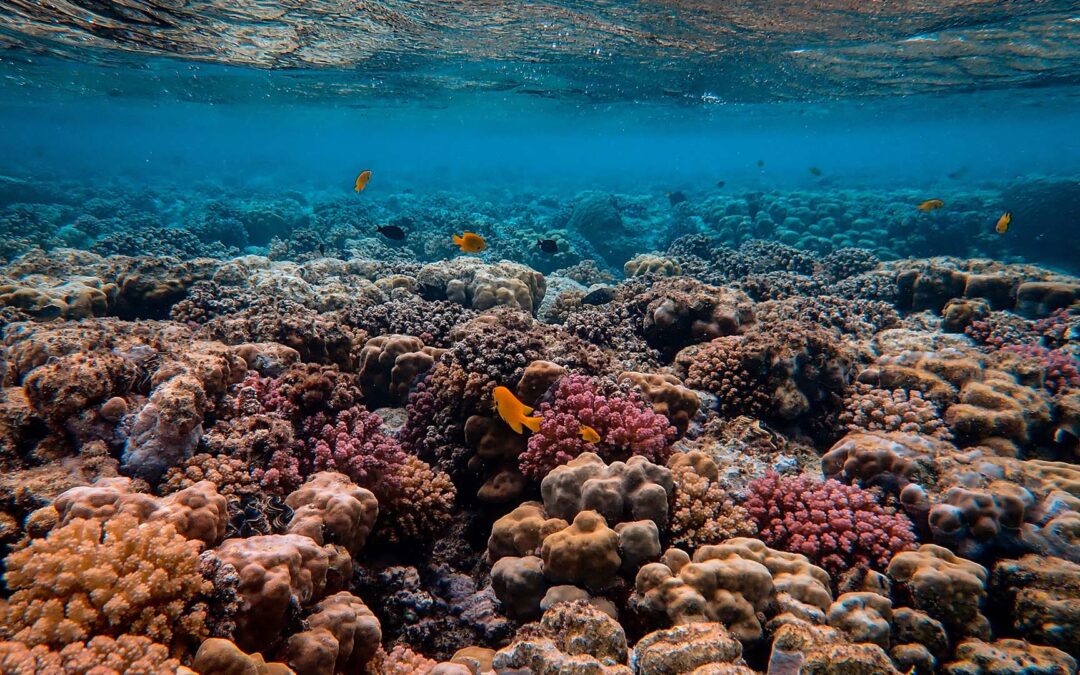As humans continue to drive environmental damage through climate change, predicting points of no return becomes more crucial than ever. Worldwide, humanity and nature alike contend with increases in temperature, drought, wildfires, hurricanes, rising sea levels and more.
Ying-Cheng Lai, a Regents Professor of electrical engineering in the Ira A. Fulton Schools of Engineering at Arizona State University, leads projects investigating the impact of rate-induced tipping on the natural environment. Rate-induced tipping quantifies the rate at which a system changes to reach a tipping point, or the critical time at which major harm to the ecosystem occurs, such as the extinction of vital species.
Lai and his colleagues’ latest efforts analyzed the impact of rate-induced tipping on organisms that depend on one another for survival, such as the photosynthetic cells in a reef and the coral that depend on them. Using mathematical models, the researchers discovered that to avoid environmental catastrophes, a system would need to bring its rate of change as close to a halt as possible, rather than simply slowing it down.
Lai and his colleagues’ efforts earned their resulting paper, “Rate-induced tipping in complex high-dimensional ecological networks,” a spot in the Proceedings of the National Academy of Sciences, or PNAS, the scientific journal of the National Academy of Sciences.
